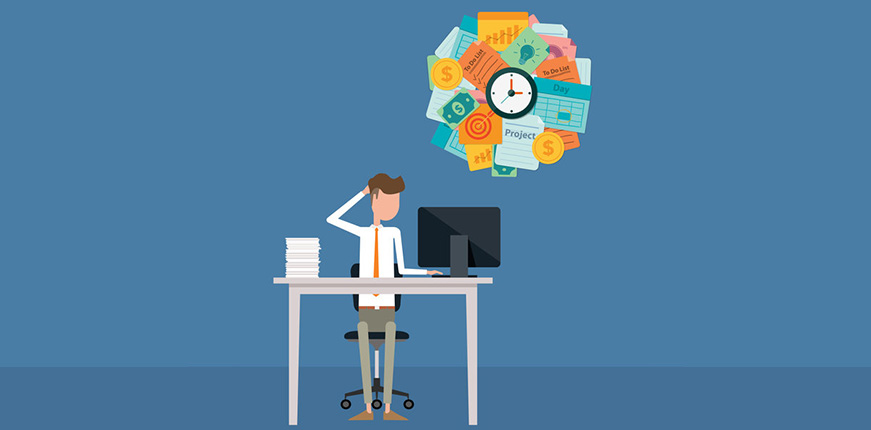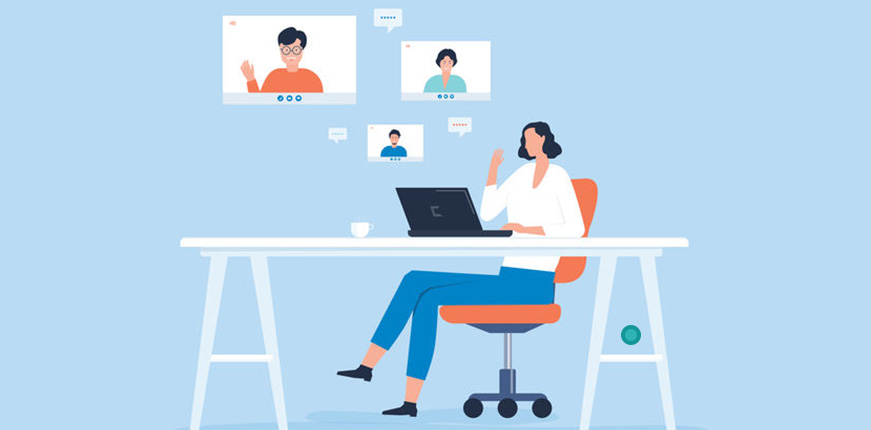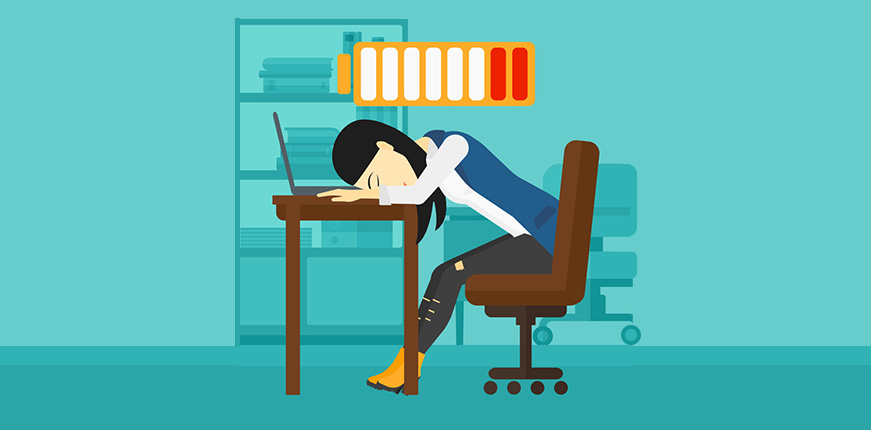Is your attention span longer than a goldfish’s? Smartphone and computers have been blamed from being so distracting that they are decreasing our attention span to 8 seconds, 1 second less than a goldfish! You’ll be pleased to know this is another urban myth.
Is your attention span longer than a goldfish?
Smartphone and computers have been blamed from being so distracting that they are decreasing our attention span to 8 seconds, 1 second less than a goldfish! You’ll be pleased to know this is another urban myth. The often quoted research conducted by Microsoft shows that on average people spend 8 seconds looking at a webpage. But the time you spend looking at a webpage is not your attention span. How long you look at a webpage is all about if you have found something interesting on the page.
More reliable research shows that most adults have an attention span of about 20 minutes, but that varies hugely depending on a number of factors. If you are sitting in a boring meeting or doing some uninspiring task then you will find it hard concentrate more than just a few minutes, let alone 20 minutes. Likewise if you are sleepy or stressed out you will also find it hard to concentrate.
And add to that social media and technology today is designed to be distracting, which is where rats come in.
Rats and distractions
In Psychology 101 the laboratory classes were all about rats in Skinner boxes. Our task was to teach the rat to press a lever by rewarding him/her with a small piece of food. We learnt the trick used by casinos, slot machines and many video games – reward the rat on an infrequent, variable schedule (randomly every 4 to10 times the rat pushed the lever) and rat pushes the lever more often. Does this sound like a slot machine? Put in your coin, push a button and occasionally you may, or may not get a reward. When you are rewarded you are encouraged to try again.
It also explains why Facebook or Linkedin are so distracting. The likes and comments from your Facebook friends or your Linkedin peers becomes your reward – just like a win at a casino. Even the ping of a work email alert or a text message is distracting, as the mail or text could be more interesting (therefore rewarding) than what you are working on now.
Multitasking – pat your head and rub your stomach
Remember the childhood challenge of patting your head and rubbing your stomach at the same time – difficult. Try the alphabet and numbers challenge in this video. Multitasking is basically quickly switching your attention rapidly from one task to another. If one of the tasks you are doing is quite automated then you can successfully do two tasks, like drive a car and talk. But notice if then trying to navigate your way somewhere unfamiliar then you’ll probably stop talking because you can’t do three things at once.
Increase your Concentration by no distractions and multitasking
But how can the principles from rats, goldfish and children’s games help us in the real world of the open-plan, crazily-busy offices. Here’s a few tips to help you focus and reward yourself keep yourself motivated:
Limit your distractions:
- Turn off all the notifications on your phone and put it out of sight. The easiest is to put it into airplane mode.
- Turn off your email and other screen alerts. If you have a noisy office try using some headphones
- Set a timer (not on your phone) for 20 or 25 minutes
- Try to focus and concentrate on just one task you need to get done
- After 20-25 minutes stop and for a couple of minutes. Think of the progress that you’ve made – small steps to a bigger project.
Repeat.
In a busy, fast-paced world with multiple distractions it is hard to concentrate. Focus and concentration is like a muscle, with training it can be improved.
Read my more in this series of blogs and videos about how you can improve your concentration and focus, so you are more productive at work, and get home an hour earlier.


